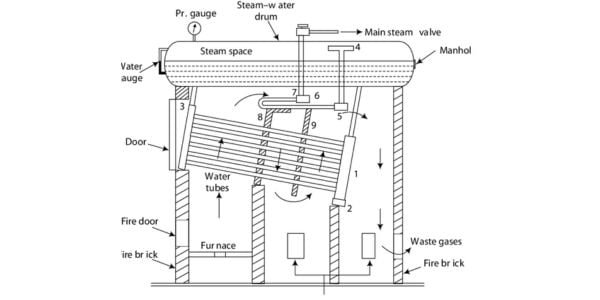Table of Contents
Introduction to BBA Aviation
BBA Aviation: Aviation is a dynamic and rapidly evolving industry that plays a crucial role in connecting people and goods around the world. In recent years there has been a significant increase in demand for qualified professionals to manage the complexities of aviation operations. One such path that stands out is the Bachelor of Business Administration (BBA) in Aviation Management.
Understanding BBA Aviation
The BBA Aviation program is designed to provide students with a comprehensive understanding of aviation management principles along with essential business skills. It combines theoretical knowledge with practical insights to prepare people for management roles in the aviation industry. The curriculum typically covers various aspects of aviation, including airport management, airline operations, aviation legislation, safety, aviation economics, and marketing.
Course Duration and Eligibility
The duration of the BBA Aviation program is typically three years, divided into six semesters. To be eligible for admission, candidates must have completed higher secondary education (10+2) from a recognized board or equivalent. Additionally, some institutions may conduct entrance exams or interviews to assess candidates’ aptitude and suitability for the course.
Fees Structure
Fees for pursuing a BBA degree in aviation may vary depending on the institute, infrastructure, faculty experience, and other facilities offered. On average, the total cost of the program ranges from INR 2 lakh to INR 6 lakh for the entire duration. However, it is essential to note that prestigious colleges or universities may have higher tuition fees.

Syllabus Overview
The syllabus of the BBA Aviation course is meticulously crafted to equip students with the necessary knowledge and skills to excel in the aviation industry. Here’s a glimpse of the typical subjects covered:
- Aviation Management Principles
- Airport Operations and Management
- Airline Management
- Aviation Safety and Security
- Aviation Law and Regulations
- Aviation Economics and Finance
- Marketing and Customer Service in Aviation
- Supply Chain Management in Aviation
- Human Resource Management
- Strategic Management in Aviation
- Internship/Industry Training
The curriculum is designed to strike a balance between theoretical concepts and practical applications, thereby preparing students for real-world challenges in the aviation sector.
Career Opportunities
After completing the BBA Aviation program, graduates can explore a multitude of career opportunities in various segments of the aviation industry. Some of the potential job roles include:
- Airport Director: Responsible for overseeing the daily operations at airports, ensuring compliance with safety regulations, managing staff, and improving the passenger experience.
2. Air Operations Manager: Involved in the planning and execution of air operations, including scheduling flights, managing ground staff, and ensuring on-time departures.
3. Aviation Safety Manager: Charged with implementing safety protocols, conducting risk assessments, and developing strategies to mitigate potential risks in aviation operations.
4. Aviation Marketing Executive: Involved in promoting aviation services, developing marketing campaigns, and building partnerships to attract passengers and increase revenue.
5. Cargo Operations Manager: Manages the logistics and transportation of goods, coordinating with airlines, freight forwarders, and regulatory authorities to ensure on-time delivery.
6. Aviation Consultant: Provides consulting services to airlines, offering insights into market trends, operational efficiency, regulatory compliance, and strategic planning.
7. Aviation Analyst: Conducts research and analysis on aviation industry trends, market dynamics, competitor strategies, and customer preferences to inform business decisions.
Scope in India
The Indian aviation sector has witnessed remarkable growth in recent years, driven by factors such as increasing disposable income, increasing urbanization, and government initiatives to improve air connectivity. According to estimates, India is expected to become the third-largest aviation market globally by 2025. This growth trajectory bodes well for people seeking careers in aviation management.
Furthermore, the government’s emphasis on infrastructure development, regional connectivity, and airport modernization provides ample opportunities for qualified aviation professionals. As the aviation industry expands, there is an increasing demand for qualified personnel to manage various aspects of airport operations, airline management, security, and regulatory compliance.
Furthermore, the emergence of new technologies such as unmanned aerial vehicles (UAV), digitalization, and artificial intelligence (AI) is reshaping the aviation landscape, creating new avenues for innovation and specialization. This opens up new career prospects for BBA Aviation graduates with experience in emerging technologies and digital transformation.
Summary
Pursuing a BBA Aviation degree offers a gateway to a rewarding career in one of the most dynamic and fast-paced industries globally. With a robust curriculum, practical training, and a supportive ecosystem, students can acquire the requisite knowledge and skills to thrive in diverse roles within the aviation sector. As India’s aviation industry continues to soar to new heights, the demand for skilled aviation professionals is expected to escalate, making BBA Aviation a promising pathway for aspiring individuals passionate about aviation management.
Also, read about XNXP Personality Traits































